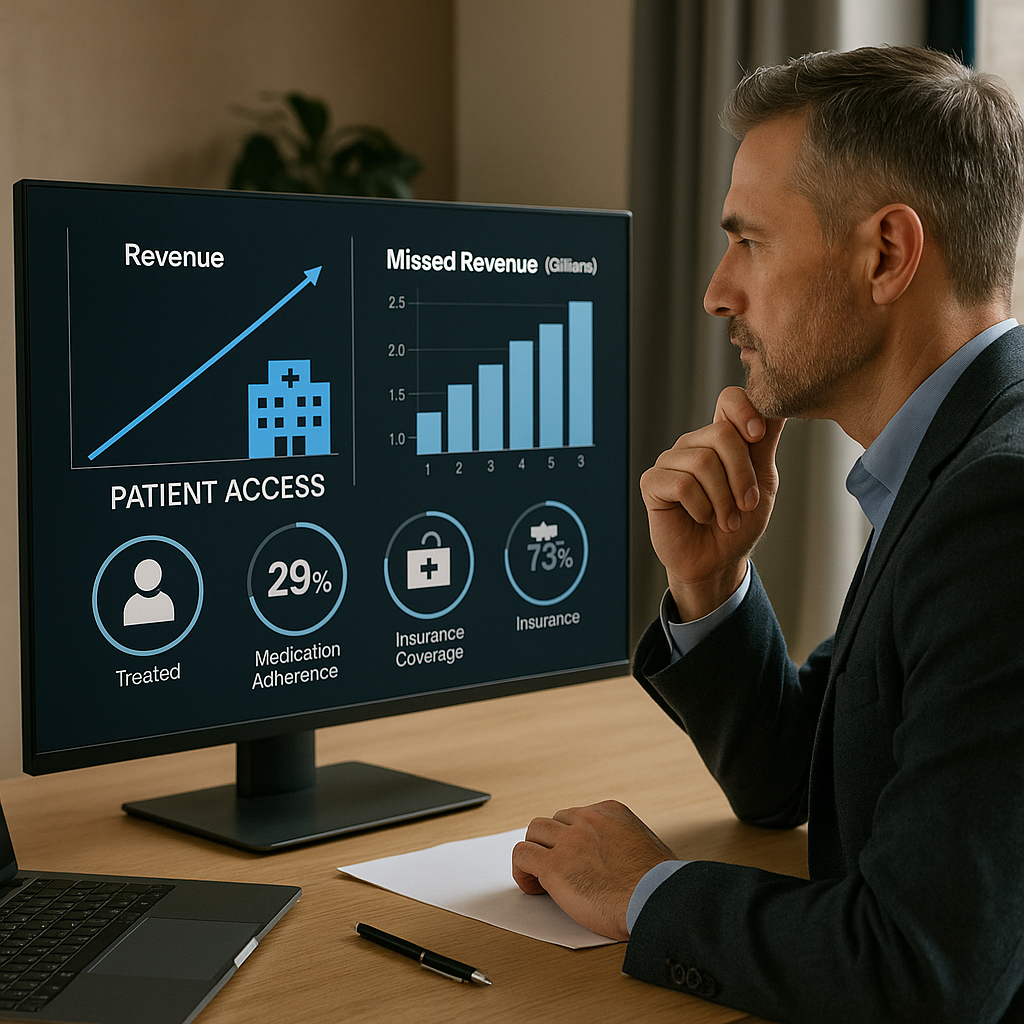Market access has a branding problem. It’s often seen as the administrative stage between regulatory approval and commercial launch. But in truth, access-first thinking can make or break a product’s commercial success — and save billions in missed revenue.
Most failed launches aren’t scientific failures. They’re access failures. Teams focus on approval and assume payers will “follow the science”. They don’t. Payers follow economics, politics, and system priorities.
Take one oncology product I observed years ago. The science was outstanding; the clinical data impeccable. But the pricing was detached from real-world affordability, and delivery logistics were ignored. Within twelve months, adoption was half the forecast, and revenue projections collapsed.
Meanwhile, a competitor who involved access teams from day one did things differently. They built payer insight into trial design, co-created service models with health systems, and priced sustainably. Their therapy reached patients faster and exceeded long-term forecasts.
The lesson is simple. Early access thinking prevents late-stage surprises. It shapes smarter pricing, relevant endpoints, and realistic forecasts. It reduces post-launch negotiation battles and accelerates uptake.
The numbers are staggering. Every month of post-launch delay costs millions in lost sales. Every rejection or restricted listing can cut years off a product’s revenue curve. Access planning isn’t bureaucracy — it’s risk management at scale.
When companies embed access-first thinking from the start, they make better decisions. They avoid wasted data, misaligned studies, and lost credibility. More importantly, they reach patients faster.
Access isn’t a support function. It’s a growth function. The most successful companies now treat access insight as core to R&D and commercial design. They understand that unused therapy helps no one and generates no income.
Key Takeaways
- Integrate access perspectives at the start of development, not post-approval.
- Build payer insights into trial design and pricing assumptions.
- Recognise that faster adoption equals faster revenue recovery.
- Treat access as a growth enabler, not a compliance exercise.
- Remember: the best science in the world still needs the right access plan.




